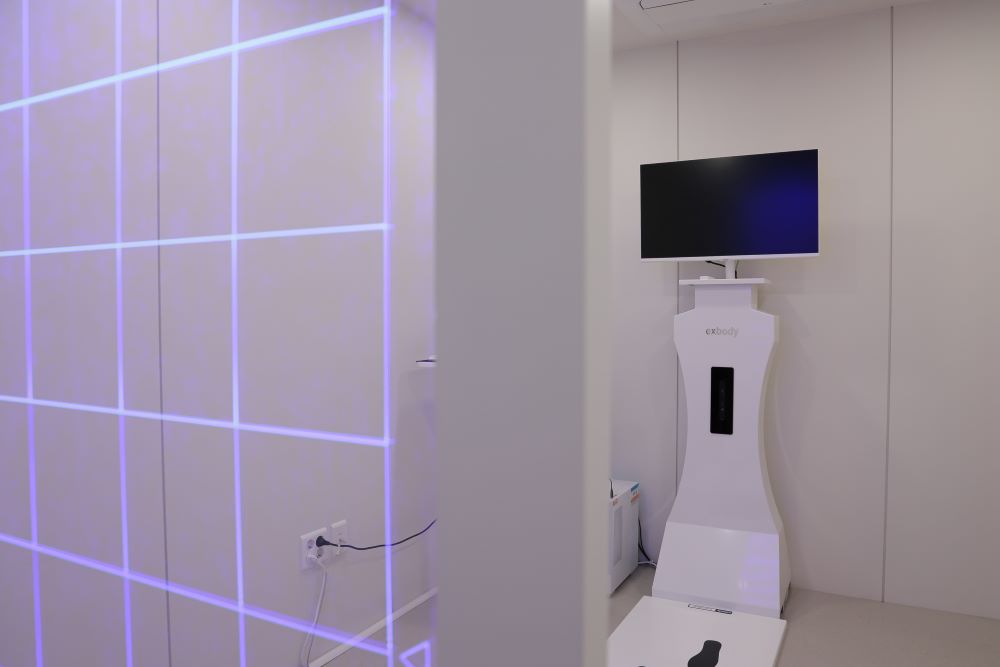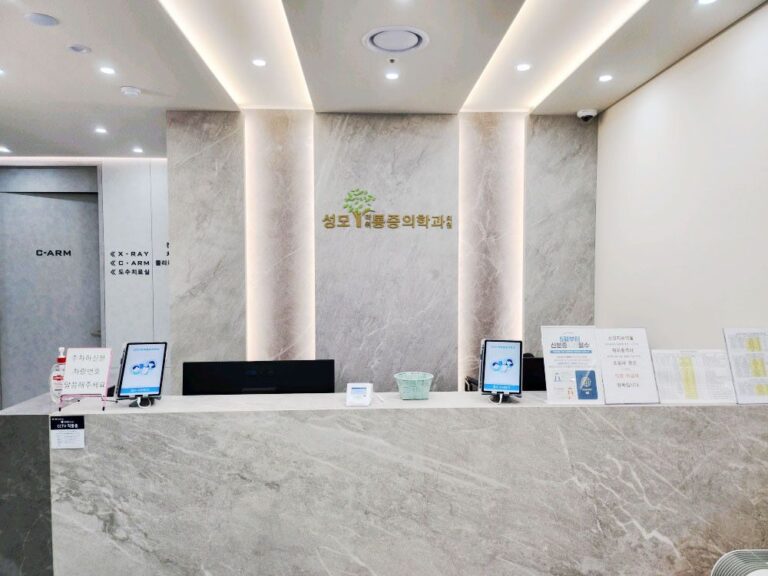
Kwangdong Hospital in Seoul has adopted the exbody system to establish rehabilitation treatment plans optimized for individual patients.
With the introduction of exbody, it has become possible to precisely analyze structural problems in the musculoskeletal system that are difficult to identify with simple visual examinations or interviews alone, and to effectively incorporate these findings into treatment plans.
The goal of implementing exbody is to provide 'essential correction' for postural imbalances and related problems.
By utilizing the exbody system, Kwangdong Hospital accurately identifies the patient's muscle condition with objective data and deeply analyzes the body alignment status using 3D stereoscopic imaging, thereby precisely understanding the degree of neck and spine deformation based on scientific evidence.
This serves as a crucial foundation for avoiding superficial treatments that merely correct visible postural issues, and instead, for establishing personalized rehabilitation treatment plans for each patient by accurately assessing fundamental musculoskeletal functional impairments through precise diagnosis.
exbody system introduced at Kwangdong Hospital

exbody9100
- Comprehensive assessment of overall body alignment.
- Precisely measuring the range of motion (ROM) of major joints.
- Includes various assessment items such as upper and lower body balance, spinal deformation, pelvic tilt, and neck inclination.
exbodyGA
- Accurately measuring plantar pressure distribution in static and dynamic states.
- Detailed analysis of plantar pressure changes during gait, weight transfer patterns between both legs, and the degree of body center of mass sway.
This objective data is utilized as core material for scientifically analyzing the patient's primary cause of pain, establishing the optimal correction direction, and preparing objective evaluation criteria before and after exercise therapy.

exbody9100

exbodyGA
Utilization of Exbody
Based on the objective measurement results obtained through the exbody system, in-depth one-on-one consultations can be conducted with patients.
During the consultation process, clear goals for the patient's functional recovery are established, and by specifically presenting the most suitable treatment direction based on the measurement data, the patient's active participation in treatment is encouraged, thereby maximizing the treatment effect.
Data-driven assessments and customized treatment plans utilizing the exbody system are being actively implemented for various types of patients, including those with spinal conditions such as neck and lumbar disc herniations, chronic myofascial pain syndrome, pelvic misalignment and systemic body imbalance, and gait disorders accompanied by plantar pressure imbalance.
The adoption of the exbody system by Kwangdong Hospital in Seoul is a significant step towards dramatically reducing the gap between precise data analysis and effective treatment planning, and establishing a more systematic, patient-centered rehabilitation system.
Accurately understanding a patient's physical condition with objective numerical data and establishing the optimal treatment direction based on that scientific analysis – exbody is at the center of this innovative change.
Kwangdong Hospital
- Address: 612, Bongeunsa-ro, Gangnam-gu, Seoul, Gasan Medical Foundation Kwangdong Hospital
- Tel: 02-2222-4888
- home page: https://www.ekwangdong.co.kr/
※ This article is automatically translated by Yandex Translate.
Additional Examples of Exbody Implementation in Oriental Medicine Hospitals




